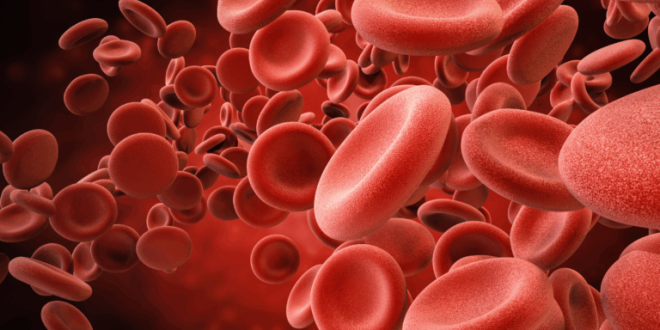Is death truly the end? For centuries, this question has haunted philosophers, theologians, and scientists alike. Now, groundbreaking research is challenging our very understanding of life and death, suggesting that the boundary between them may be more fluid than previously imagined. Scientists are exploring what they call a “third state of life,” blurring the lines and raising profound ethical and existential questions about the nature of mortality. I mean, have you ever really thought about what happens after? It’s kinda mind-blowing, right?
The Traditional View of Life and Death
Defining Life
Traditionally, life is defined by a set of characteristics including metabolism, reproduction, growth, and response to stimuli. When these processes cease, the organism is considered dead. Pretty straightforward, wouldn’t you say? It’s what we’ve all been taught, what we’ve seen in movies, and what we generally accept as… well, reality.
The Point of No Return: Death
Death has long been considered an irreversible process, marked by the cessation of vital functions such as breathing and brain activity. Once these functions stop, the organism begins to decompose. It’s the ultimate full stop. The end of the line. Or… is it? Maybe not so clear-cut anymore, huh?
The Emergence of a “Third State of Life”
Bridging the Gap Between Life and Death
Recent scientific advancements are revealing a period after death where cellular processes, though diminished, are not entirely absent. This intermediate stage is being dubbed a “third state of life.” It’s like… a twilight zone between existence and non-existence. A kind of biological limbo. Whoa.
Cellular Activity Post-Mortem
Researchers have observed gene expression and cellular activity in certain tissues hours, even days, after the declared time of death. This challenges the idea of instantaneous cellular shutdown. I always thought everything just… stopped. Like switching off a light. But apparently, it’s more like a dimmer switch. Some things are still flickering, you know?
Examples of Post-Mortem Activity
Specific examples include gene expression related to stress response and immune function in some organs after death. Understanding these processes could have implications for organ transplantation and regenerative medicine. Imagine the possibilities! Longer viability for organs… Maybe even finding ways to regenerate damaged tissue. But then again, you have to wonder if it’s right to mess with nature’s course like that, right?
Implications and Future Research
Ethical Considerations
The discovery of a “third state of life” raises complex ethical questions regarding the definition of death and the implications for end-of-life care, organ donation, and the potential for resuscitation. Where do we draw the line? What does it mean to be dead? Suddenly, those existential questions are becoming very real, very practical, and a little bit… scary.
Potential for Resuscitation
While complete reversal of death remains a distant prospect, understanding the cellular processes active during the “third state of life” could potentially lead to new strategies for extending the window for successful resuscitation after cardiac arrest or other life-threatening events. Could we buy people more time? Could we pull them back from the brink? It sounds like something out of a sci-fi movie, I know, but science is catching up, or at least trying to!
Future Directions
Future research will focus on further characterizing the “third state of life” in different tissues and organisms, identifying the key cellular mechanisms involved, and exploring the potential for therapeutic interventions to manipulate these processes. It’s a brave new world, and I think it’s fair to say that our understanding of life and death is about to change drastically.
So, is death reversible? Well, not exactly. Not yet, anyway. But the discovery of this “third state of life” certainly throws a wrench into our traditional understanding of what it means to be alive, or to be dead. It opens up a whole can of worms, ethically and scientifically. It makes you think, doesn’t it? Makes you wonder what else is out there, just beyond the edge of our current knowledge. I, for one, will be watching this space with bated breath. What do you think? Pretty wild, right? Let me know your thoughts!
 Cloudabouts
Cloudabouts




